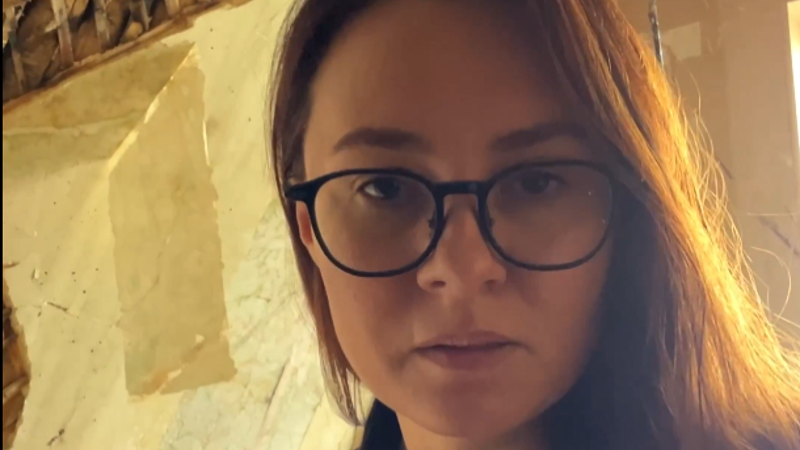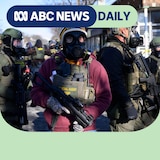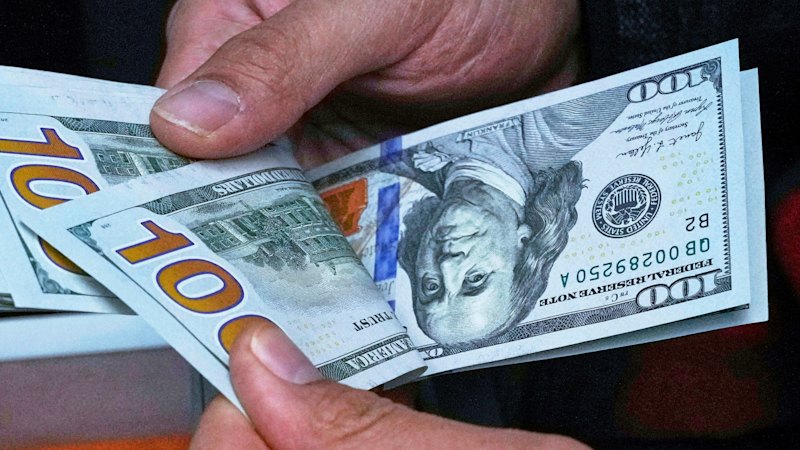
Ukrainian Prime Minister Yulia Svyrydenko has urgently appealed to international allies for assistance in defending against increasing Russian missile and drone attacks. This plea follows a devastating assault on March 15, 2024, in which Russia launched its largest overnight attack of the ongoing war, targeting key infrastructure in Kyiv and resulting in the deaths of four individuals, including a mother and her two-month-old son.
The assault involved the firing of 13 missiles and the deployment of 805 drones aimed at various Ukrainian targets. The attacks struck at least ten locations in the capital, with direct hits reported on residential buildings. Smoke billowed from the Cabinet of Ministers building, severely damaged by the strikes, as rescue workers combed through the wreckage. Svyrydenko, in a personal video, highlighted the destruction and reiterated the Ukrainian government’s call for stronger sanctions against Russia, stating, “We call on our partners to help close our sky.”
The scale of the attack underscores the ongoing challenges faced by NATO members in formulating a robust response to Russian aggression. This comes after Vladimir Putin declined to agree to a ceasefire during a summit with Donald Trump in Alaska three weeks prior. Since the August 15 meeting, progress towards a peace agreement has stalled, prompting frustration among European leaders, including Trump, who expressed disappointment in the Russian leader’s stance.
In response to the escalating violence, European leaders have pledged additional military support, including the provision of Patriot missile defence systems. The Trump administration recently approved the delivery of 3,350 Extended-Range Attack Munitions (ERAMs), funded by Denmark, the Netherlands, and Norway. Despite this, the White House has delayed further economic sanctions against Russia, while the Pentagon is reportedly preparing to cut funding for certain security assistance programs for European nations bordering Russia.
The latest wave of attacks also resulted in significant civilian casualties across the country, with a total of four fatalities and around 44 injuries reported. Yuriy Ihnat, a spokesperson for Ukraine’s air force, confirmed that the March 15 assault marked the largest Russian drone strike since the full-scale invasion began in February 2022. Ukrainian officials indicated that of the 810 drones launched, Ukrainian forces successfully intercepted 747 drones and four missiles.
In light of these developments, a coalition of 26 European nations convened last Thursday, gaining commitments to deploy military resources to enforce a ceasefire should a peace agreement be reached with Russia. Although Australian Prime Minister Anthony Albanese participated in the discussions, he has not publicly confirmed any commitment of military forces from Australia.
European Commission President Ursula von der Leyen condemned the attack, emphasizing that the European Union fully supports Ukraine. “Once again, the Kremlin is mocking diplomacy, trampling international law and killing indiscriminately,” she stated. Von der Leyen reaffirmed the EU’s commitment to reinforcing Ukraine’s armed forces while working on further sanctions against Russia.
The assault drew widespread condemnation from global leaders, including British Prime Minister Sir Keir Starmer, French President Emmanuel Macron, and Italian Prime Minister Giorgia Meloni. Danish Prime Minister Mette Frederiksen remarked, “Russia’s devastating attack, including on Ukraine’s cabinet building, is yet another statement from Moscow against negotiations and against peace.”
Ukrainian President Volodymyr Zelensky expressed gratitude towards over 20 European leaders who condemned the assault on social media. As the international community grapples with the ramifications of these attacks, the focus remains on strengthening Ukraine’s defenses and seeking viable pathways to peace.







